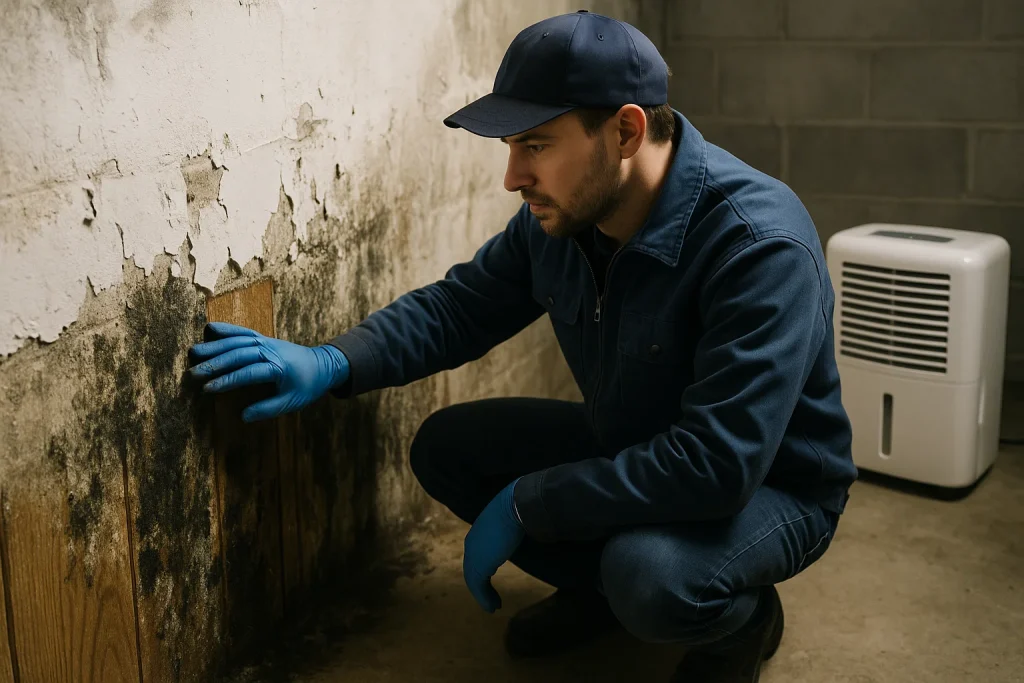When you think about comfort at home, temperature is usually the first thing that comes to mind. But there’s another factor that can make or break how comfortable you feel indoors: humidity. Even if your thermostat is set to the perfect temperature, high indoor humidity can leave your home feeling muggy, sticky, and downright uncomfortable. As your local HVAC experts, we want to explain how humidity affects your comfort—and what you can do to keep it in check.

Why Humidity Matters for Comfort
Humidity refers to the amount of moisture in the air. Ideally, indoor humidity should stay between 30% and 50% for maximum comfort and health. When levels rise above that, the air starts holding more water vapor, which can impact everything from how your body feels to the condition of your home’s interior.
The tricky part? You can’t always “see” high humidity—although you might feel it as a sticky film on your skin or notice your air feeling warmer than it actually is. That’s because humidity affects how your body regulates temperature. In humid conditions, sweat doesn’t evaporate as efficiently, leaving you feeling hotter than the thermometer suggests.
Signs your home has high humidity include:
- Some of the most common indicators of excess indoor moisture include:
- Muggy or sticky air even when the AC is running
- Condensation on windows or glass doors
- Musty odors in certain rooms, closets, or basements
- Warped wood or peeling paint
- Mold or mildew growth, especially in bathrooms and kitchens
If you’ve noticed any of these issues, it’s a good sign your home’s humidity needs attention.
How High Humidity Affects Comfort and Health
It makes your home feel warmer. High humidity can make a 75°F room feel closer to 80°F or higher. That means your air conditioner has to work harder to remove both heat and moisture, which can increase energy costs.
It encourages mold and allergen growth. Damp air is the perfect breeding ground for mold, mildew, and dust mites—all of which can trigger allergy and asthma symptoms. Over time, mold can spread behind walls or under flooring, leading to costly repairs.
Humidity damages your home’s interior. Excess moisture can cause wood floors to warp, doors to stick, paint to bubble, and wallpaper to peel. If left unchecked, humidity damage can compromise the structure and beauty of your home.
Plus, it reduces indoor air quality. Humid air can trap more airborne particles, odors, and pollutants, which means your HVAC system has to work harder to filter them out. This can lead to reduced air quality and discomfort for those with respiratory issues.
How to Control Humidity in Your Home
The good news is, you have several options for managing indoor humidity:
- Use a whole-home dehumidifier that integrates with your HVAC system to keep moisture at optimal levels year-round.
- Schedule regular HVAC maintenance so your AC operates efficiently and effectively removes moisture from the air.
- Seal air leaks around windows and doors to prevent outdoor humid air from entering your home.
- Run exhaust fans in bathrooms and kitchens to vent moisture outside.
Are you ready to combat high humidity in your home? We recommend a whole-house dehumidifier, professionally installed by our team, that will work in sync with your air conditioner. Contact us today to learn more.
Contact Mr. Air Repair today to schedule an appointment with our professionals for your new dehumidifier.
